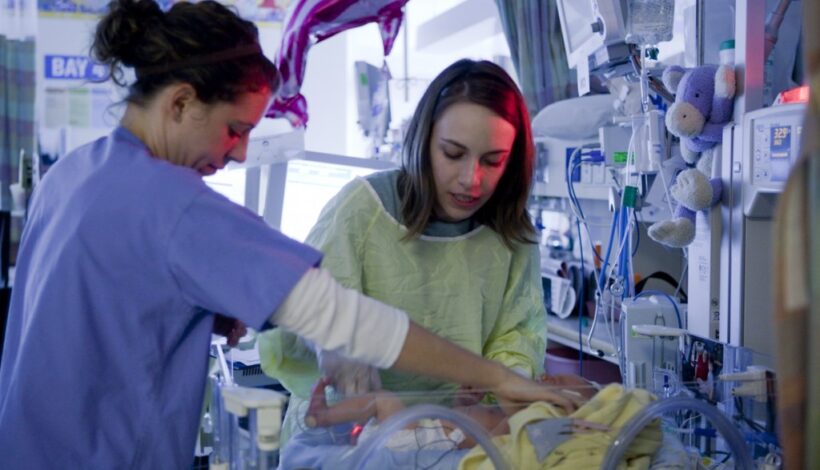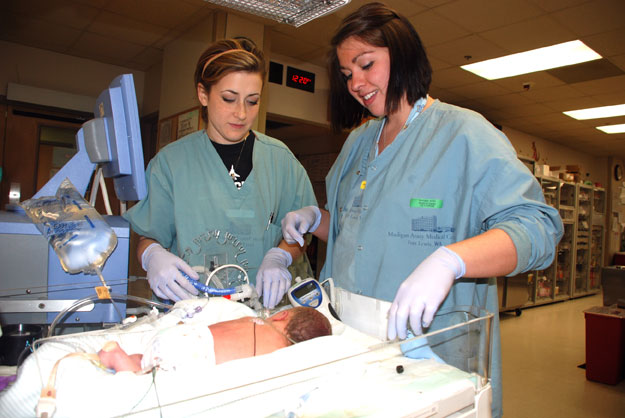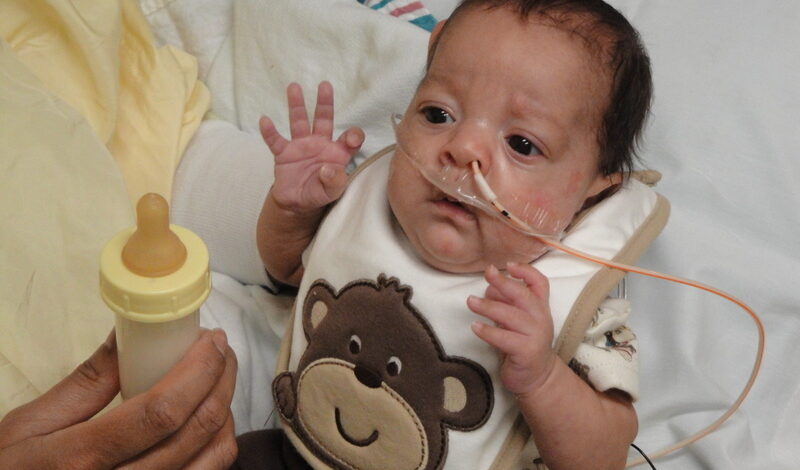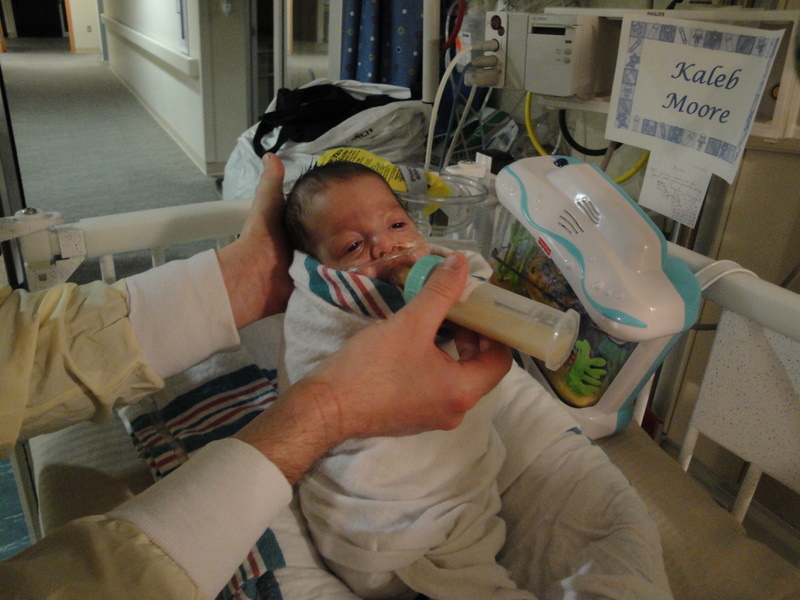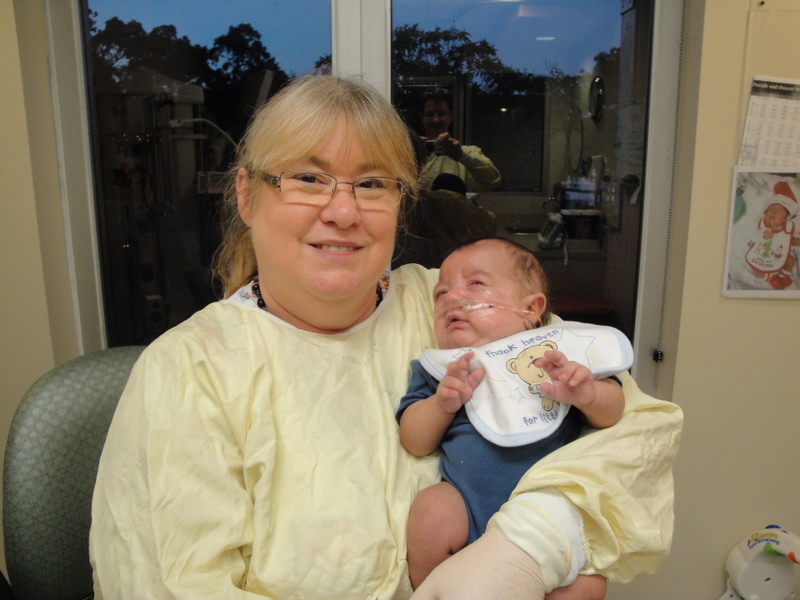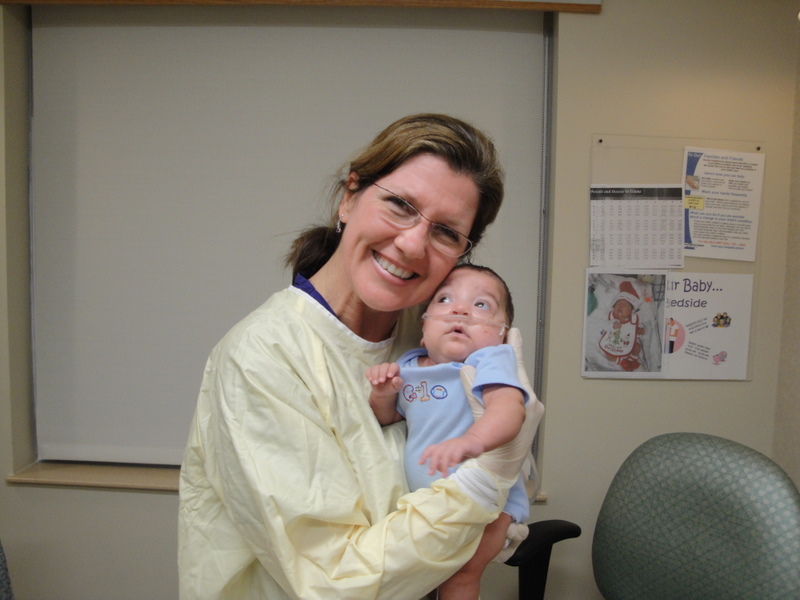Most recently a nurse working in the neonatal intensive care unit (NICU) approached me to ask about changing policies at her hospital regarding the updated training that they offer the new nurses on the unit. In discussing the policy that she wanted changed in her unit, I would have to agree with her after reading about the training that they are giving the new staff. If the new staff is watching old videos and training with different staff that have a different approach on how to do things, this will create stress in the learner. There should be two trainers dedicated to teaching the new staff the preliminary things with several nurses trained as preceptors. During the preceptor time, additional staff should be brought in so that the preceptor can properly train the new nurse without ignoring the learner and their needs or neglecting the patients.
The new parents coming in to the nicu to spend time with their babies are already highly stressed, this is why it is imperative that they have a nurse who is confident in the care of their infant. The only way that this can be carried out is through the staff being properly trained. Using a program with a check off system is good as far as having the information taught, but there needs to be a return demonstration on it. Once the new nurse has been taught the things that are required about the unit and has completed the checklist, then the roles should be reversed. Meaning the preceptor becomes the nurse and the nurse becomes the preceptor going through the day with what the job entails and the preceptor documenting how well the nurse mastered the information. This will allow the preceptor to know if the new staff needs further instruction.
In thinking about what the nurse stated that the hospital has to spend money to send staff to conferences, purchase new training videos and new computers, this is a necessity. There is not any amount of money or value that can be placed on the life of a premature baby that a large hospital can’t do to properly train staff. There are online courses and expert teachers that may come and do continuing education monthly at the hospital so that they can save some money on sending staff to conferences. Also sending someone to the conference is a good idea, because they can come back with a wealth of knowledge to update the staff that did not go. Hospitals can also check if there is an option to purchase the conference material after the conference for those that could not attend. Implementation is considered the fourth step in the evidence based practice process. The problem is identified and the solution is noted, however implementing it is what is left to do (Fineout-Overhult & Johnston, 2006).
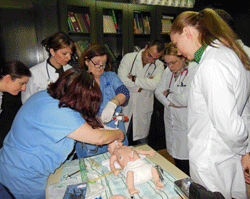
The preceptor NICU nurse, should make every effort to make the environment for the new nurse, conducive to learning, the focus should be on the new nurse. The environment should be very comfortable and peaceful, allowing the new nurse to ask the necessary questions that they may have (Pilcher, 2012). In the end, if the investment to properly train new nurses is taken and continued throughout their employment, imagine the efficiency that the unit would have decreasing the stress level of this unit and increasing the patient satisfaction.
References
Fineout-Overhult, E., & Johnston, L. (2006). Teaching EBP Implementation of Evidence: Moving from Evidence to Action. Worldviews on Evidence Based Nursing, 194-200.
Pilcher, J. (2012, January/February). Toolkit for NICU Nurse Preceptors. Neonatal Network, 31(1), 39-44.

